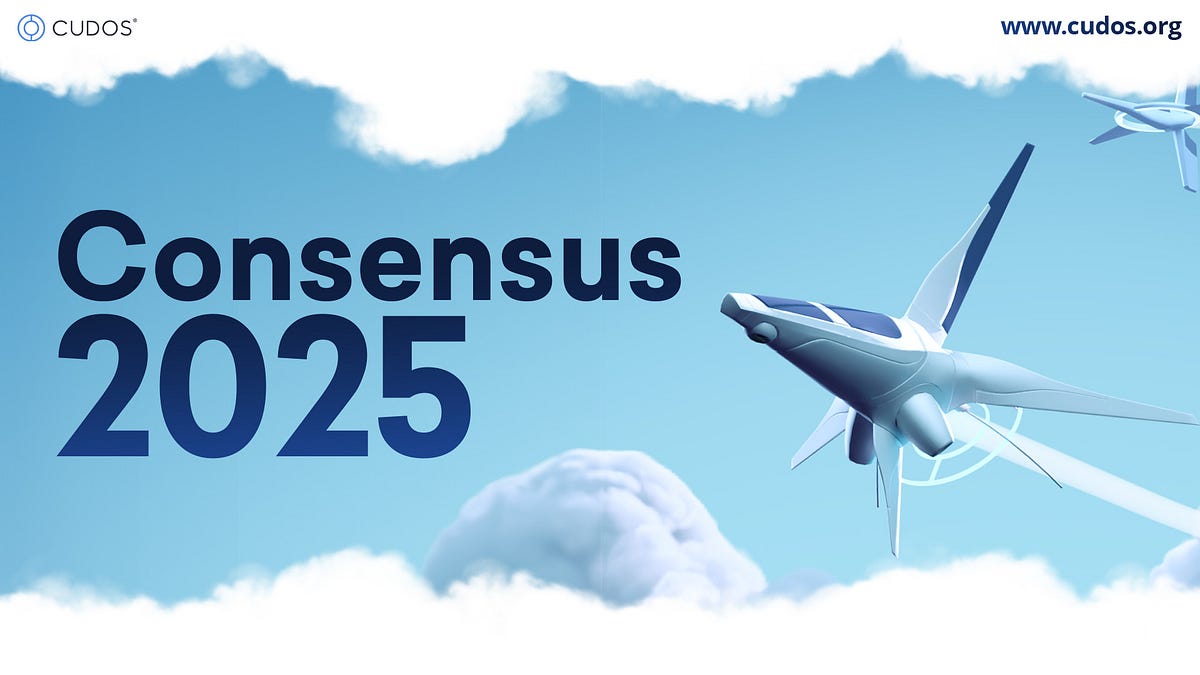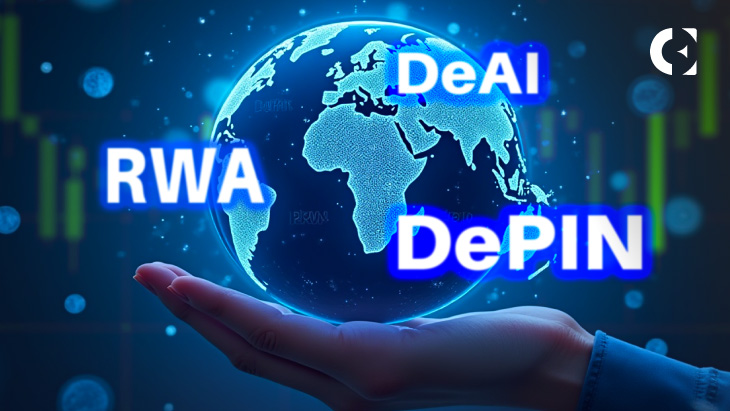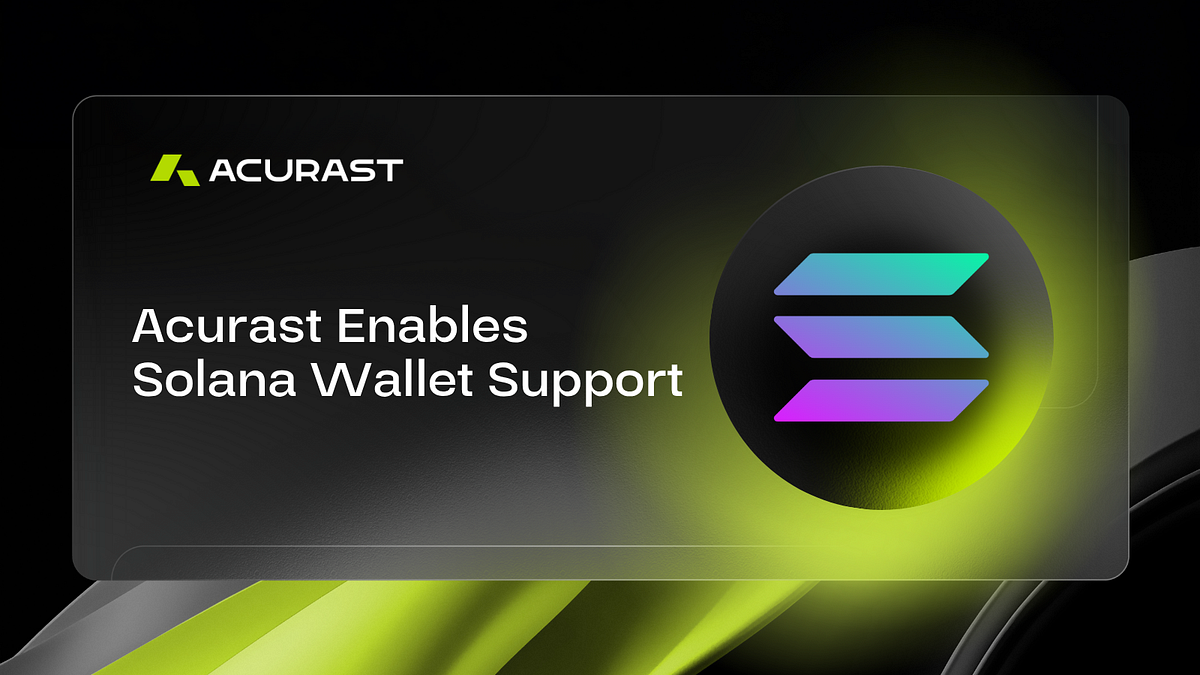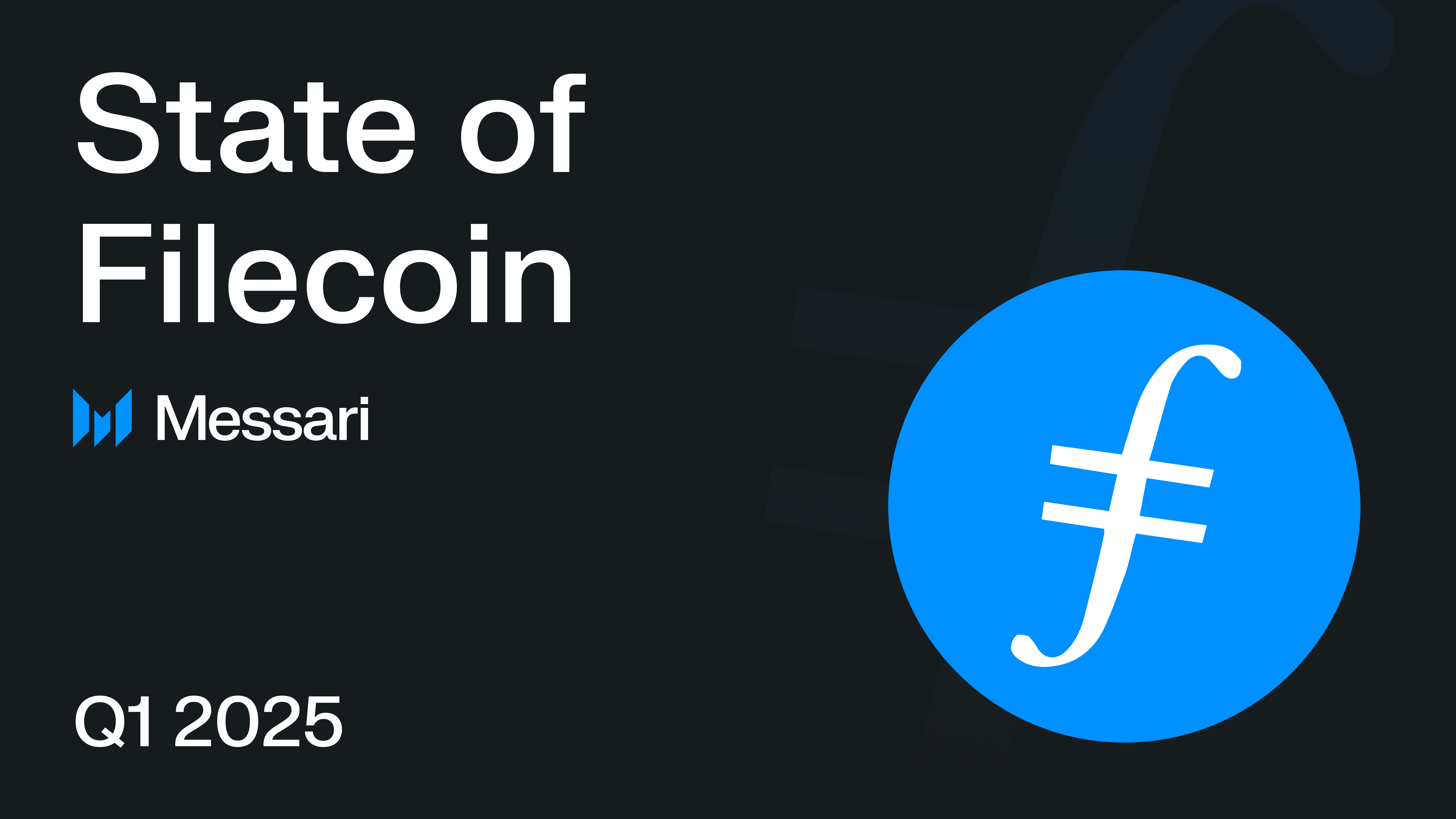Roam's November Highlights: Milestones and New Features
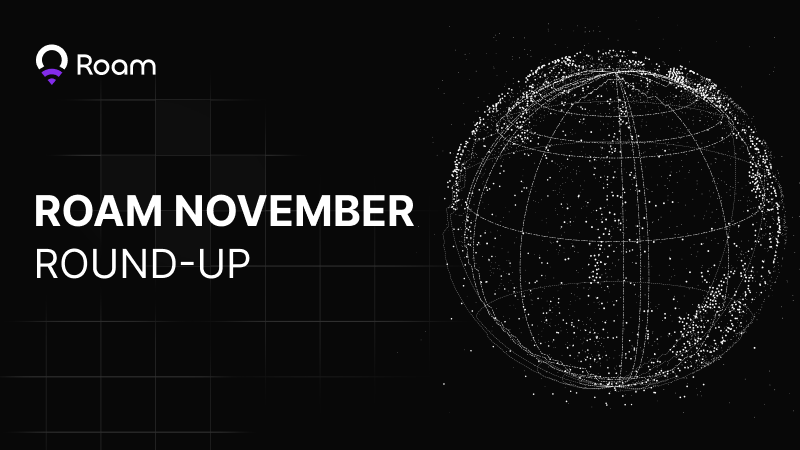
November proved to be a transformative month for Roam, as the decentralized WiFi solution celebrated significant milestones and introduced exciting new features. The standout moment was the achievement of surpassing 1 million registered users globally. This remarkable growth is a testament to the increasing demand for Roam’s services, which now includes over 900,000 active self-built nodes and the issuance of more than 1.5 billion Roam Points. With each new user and node, Roam is advancing its mission to provide accessible and reliable WiFi for everyone, everywhere.
In addition to its user growth, Roam made headlines by securing the top position on DePINscan, ranking first among decentralized infrastructure projects. This rapid ascent from second to first place in just one month highlights Roam’s commitment to revolutionizing connectivity. The community’s contribution of over 900,000 nodes through the addition of WiFi hotspots and Roam miners has been pivotal in this achievement. Users can earn Roam Points, which will be convertible to $ROAM tokens after the token generation event (TGE), further incentivizing participation in the network’s growth.
Moreover, Roam launched the eSIM Top-Up feature, enhancing user convenience by allowing seamless balance top-ups without the need to switch eSIMs. This feature is available in over 160 countries and is accompanied by a promotional offer that rewards users for their first top-up. Additionally, the Spooky Halloween 2024 event engaged the community with over 260,000 gifts opened and 26 million Roam Points burned. Roam also initiated quest campaigns that attracted over 17,000 participants in just two weeks, successfully onboarding new users and fostering engagement across various platforms. These developments collectively underscore Roam’s dedication to enhancing user experience and expanding its decentralized WiFi network.
Related News
